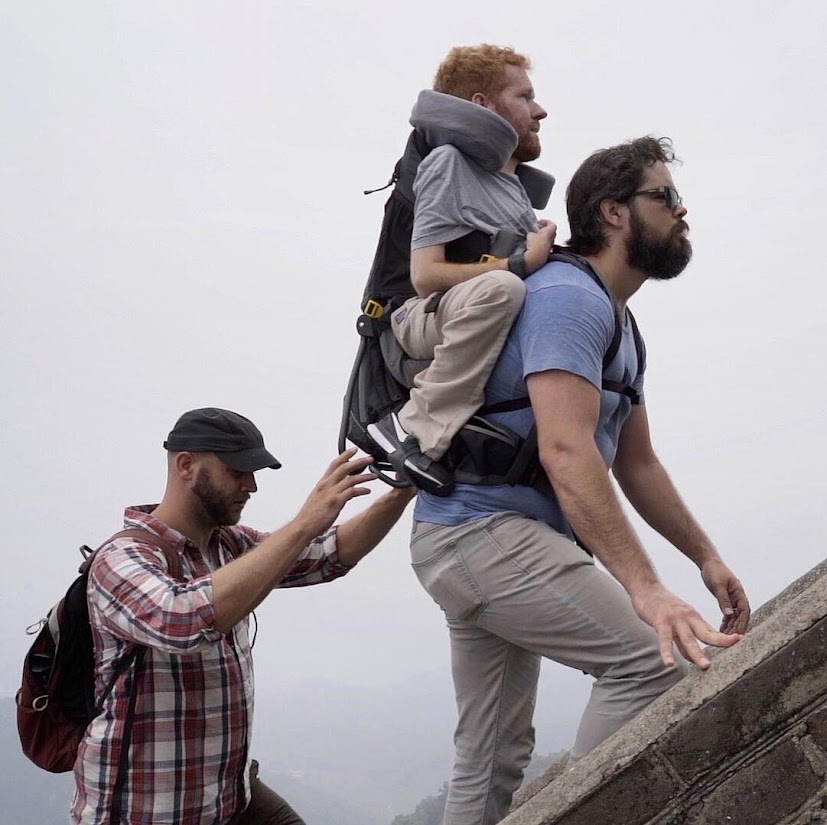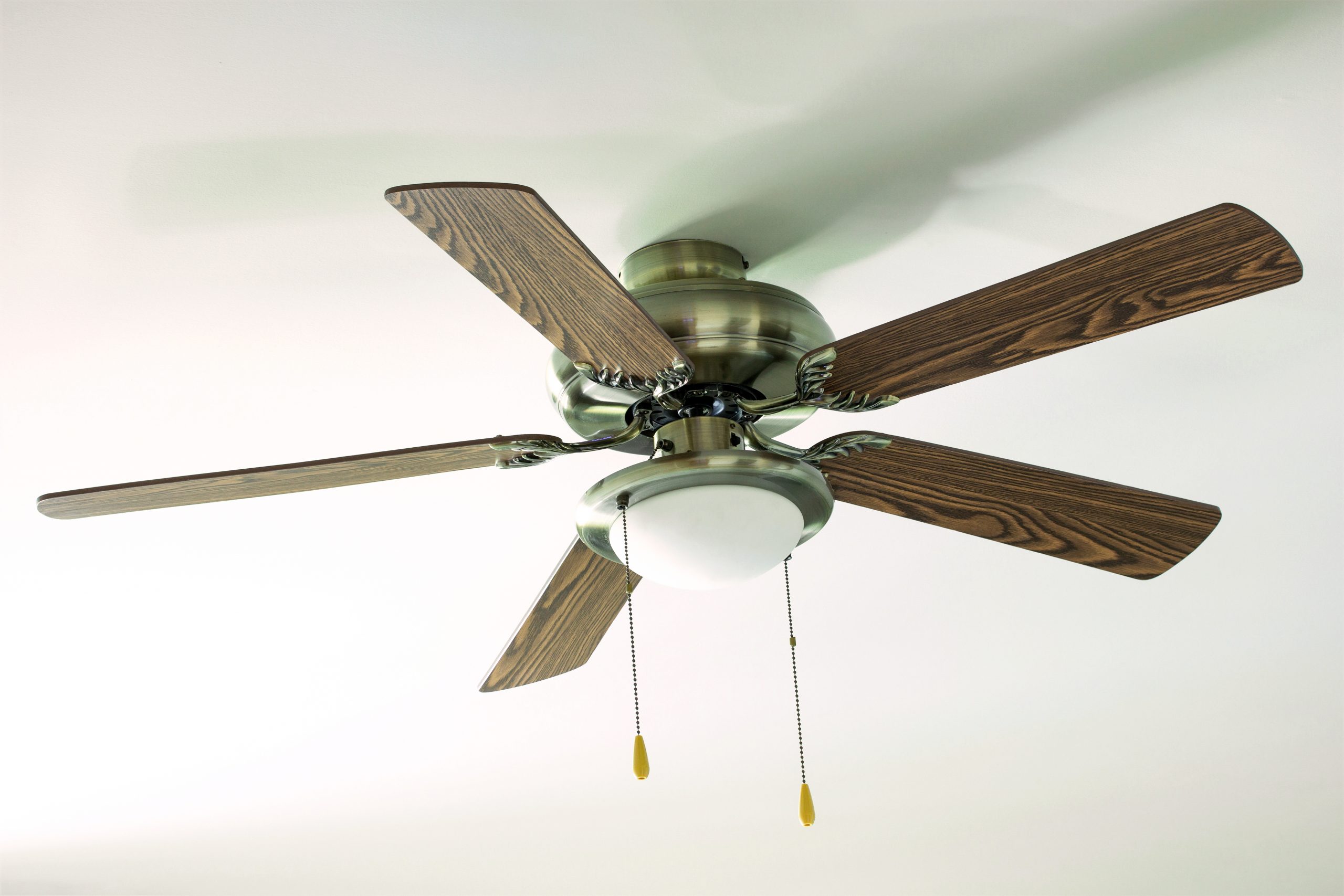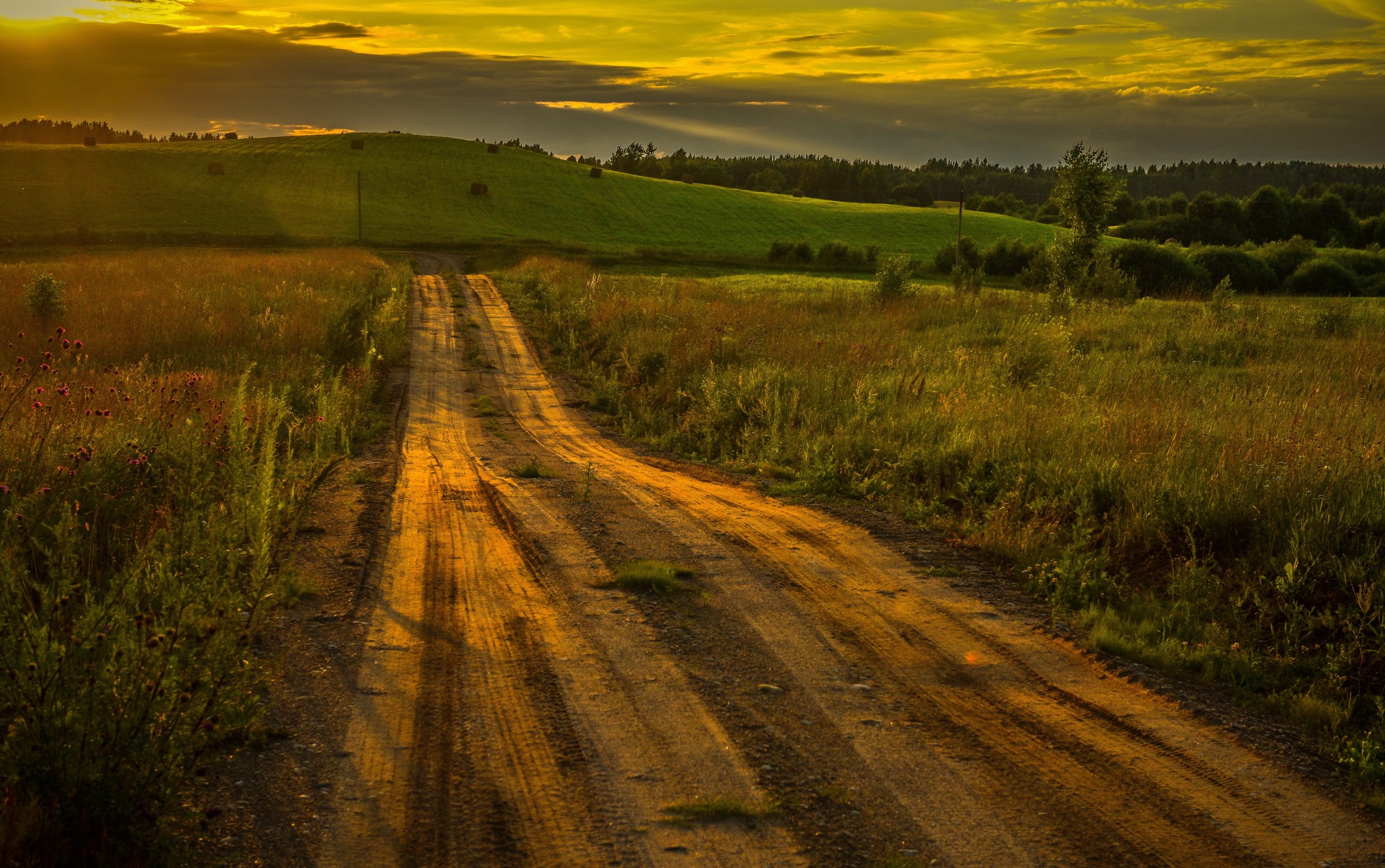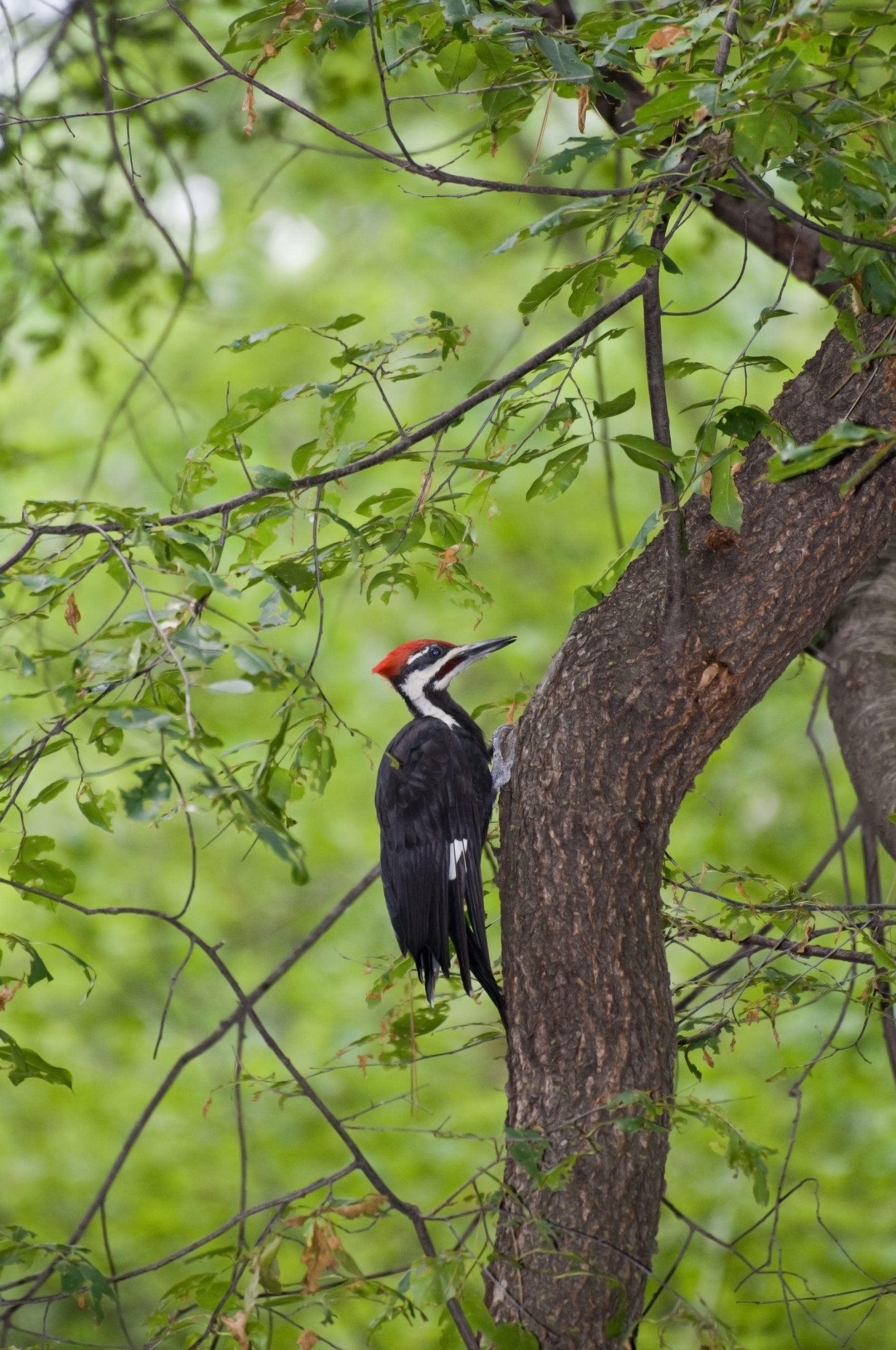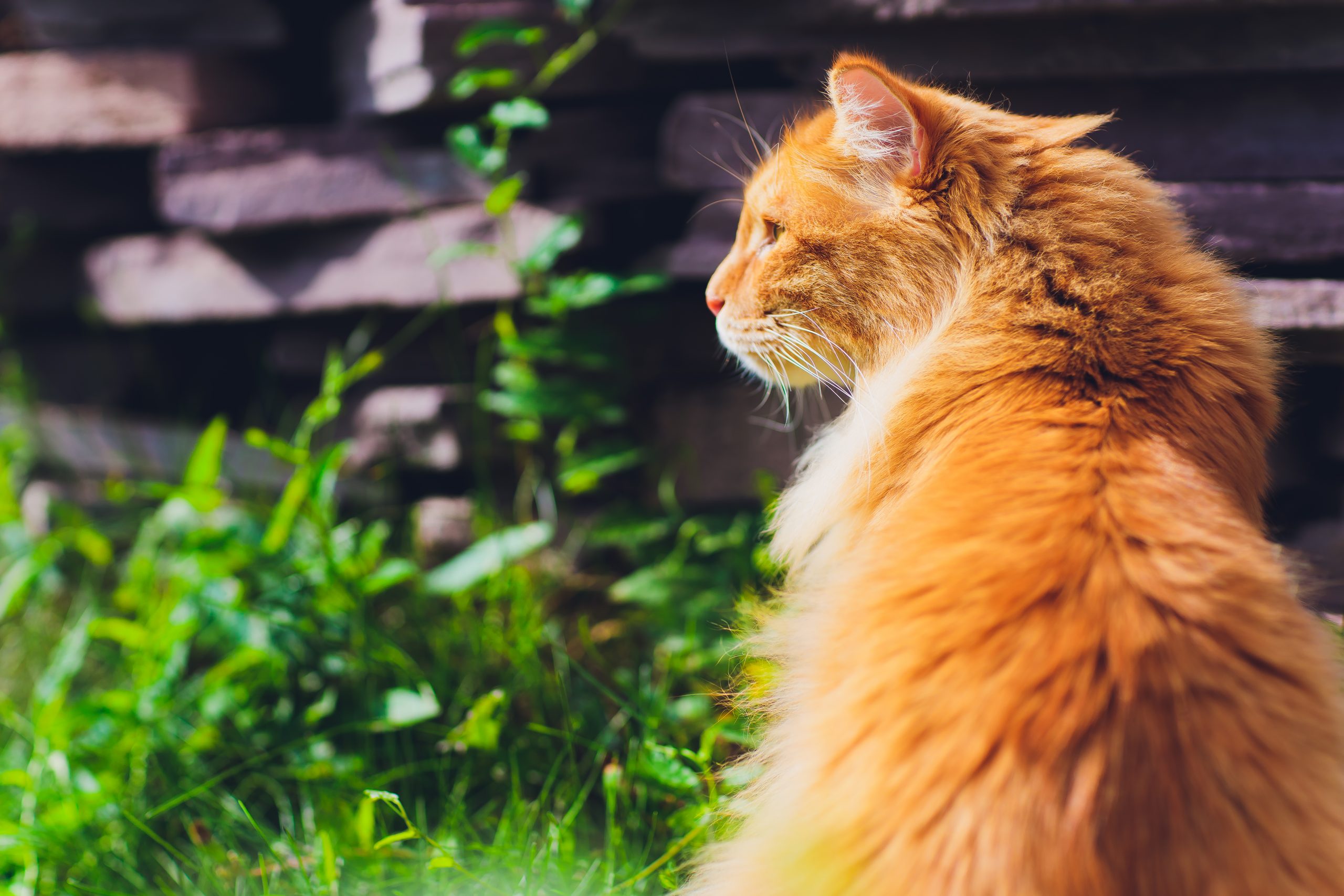Ceiling Fans and Feet Dancing
By Jim Dodson
Some years ago we moved into a historic house loaded with charm and only one thing missing — air conditioning. To be fair, the old place actually came with an antiquated central air-conditioning system, a jerry rigged unit that provided a bit of excitement the first hot night I attempted to switch it on in search of cool air.
The unit caught fire and I needed the garden hose to douse the flames. A “climate-control technician” arrived the next day to replace a burned-up compressor motor and several parts in the outside unit, then climbed up into the cobwebbed attic to have a look at the indoor compressor whose job it was to convey chilled air through the second floor ceiling vents, in theory cooling the place from top to bottom. The house, you see, is such a solidly built dowager from the Gilded Age (complete with foot-thick masonry walls) that apparently putting vents downstairs proved nigh impossible.
“Wow,” the tech said as we stood together in the dim, hot, cloistered air beneath the rafters, “this system is older than I am.” He calculated it to be circa 1969, the year of Woodstock and the moonwalk, then glanced around the dusty attic and pointed to a disassembled attic fan leaning against a wall near the peak vent. “I’ll bet that thing sucked the hot air out of this place back in the old days. Those guys knew what they were doing when they built this house. That was nature’s air conditioning.”
“I wouldn’t mind having those old days back, or at least that attic fan,” I couldn’t resist saying, explaining how I’d grown up in a house before the coming of central air that was equipped with a similar attic fan that drew in the air from the yard and adjacent woods all night long, cooling things down and soothing fevered dreams.
“Bet it was nice, huh?” he said. “I’ve never slept in anything but air conditioning.”
“I still love to sleep beneath a fan,” I admitted. “Air conditioning sometimes makes me feel like a side of beef in the freezer.”
He laughed. “I’ll bet you won’t say that come August.” He gave me a sweaty grin.
Following his thorough check-over, he cranked up the dear old system again, producing a few faint cool breaths of air from the upstairs ceiling vents. “I’m afraid 77 degrees is about the coolest it will ever get,” he said a bit sheepishly, taking a final reading. “And it may be lucky to break 80 when August gets here.” I thanked him for his efforts, switched off the system, and promptly drove to Lowe’s to purchase a couple of large pedestal fans.
If it’s true what poets and child psychologists say — namely that our world views are shaped by the first ten years of life — then perhaps I’m simply a product of a slower, un-air-conditioned world.
The first fully air-conditioned buildings I can recall were the newspaper buildings where my father worked in the late 1950s. About the same time, a cute penguin who looked like Chilly Willy appeared in the front window of our local Piggly Wiggly store with the beguiling enticement: “Please come inside where it’s cooooooool! Enjoy our lovely air conditioning. It’s free!”
These days it’s no longer the fashion to speak of having had maids or cooks of any race, I suppose, but our African-American maid, Jesse May Richardson, was a rock of domestic life who I now think may have actually saved my family’s life and certainly nurtured us through a difficult transition period after my mother suffered a late-term miscarriage days before we moved home to North Carolina. Among other enduring gifts, Miss Jesse May taught my mother how to cook in true Southern style and my skinny older brother and me how to “feet dance” to gospel music from her kitchen transistor radio.
The downside of this proposition was that Miss Jesse May had pretty much absolute and unimpeachable authority over my daily life and didn’t hesitate to use it. While my mother rested though the warm afternoons, it was she who first led me along to the new air-conditioned Piggly Wiggly store for her weekly shopping visit, demanding first that I “wash them filthy bare feet good” and put on the new leather church sandals I hated more than just about anything, an affront to true summer adventuring, warning me in no uncertain terms not to “go wild like some little Indian inside that nice store.”
I assured her I wouldn’t, though the first thing I did when Jesse May turned out of sight was yank off those wretched sandals and slide my bare feet over the chilled tiled floor of the new air-conditioned grocery store like it was a skating rink, thrilled by the unnatural coldness of the floor. I wound up in the baking aisle, fashioning what my brother and I liked to call “King seats” out of large sacks of flour. I was perched there, pondering life and soaking up the refrigerated coolness when, unfortunately, Miss Jesse May Richardson wheeled around the corner of the aisle with her cart. She saw me and stopped cold, giving me the wooly eyeball.
“Well, look at you,” she declared, “sittin’ there like a big-shot with your skinny hiney on somebody else’s flour.”
“I’m just enjoying the lovely air conditioning. It’s free!” I pointed out to her. “That so? Well, child, I suggest you get up straightaway from them flour sacks and put your shoes back on them feet or you’ll find yourself sittin’ out in the car sweatin’ like a sinner on Judgment Day.”
To this day, I can’t step into an intensely air conditioned grocery store on a broiling summer day without suddenly thinking of Miss Jesse May Richardson, the woman who saved my family’s life and taught me to feet dance, though I still sometimes have the urge to make a “King seat” in the flour sacks.
Most Southerners of my generation experienced their first air conditioning at a movie house or public building around 1960, but according to the comprehensive Encyclopedia of Southern Culture, air conditioning first appeared in the South at a cotton mill in Belmont, North Carolina, in 1906. By 1920, the device was being used to cool fabric mills, tobacco stemming rooms and bakeries across the South.
Use in department stores, cafes, libraries and private homes, however, didn’t broadly develop until after World War II, at which point “air conditioning became an immutable part of Southern life,” according to the book on Southern culture. “In varying degrees,” the authors note, “virtually all Southerners have been affected, directly or indirectly, by the technology of climate control. Air conditioning has influenced everything from architecture to sleeping habits and has contributed to the erosion of several traditions, most notably cultural isolation, agrarianism, romanticism, poverty, neighborliness, a strong sense of place, and a relatively slow pace of life.”
Mississippi writer Eudora Welty was once asked by a Northern journalist why the South produced so many excellent writers. “Porches,” she reportedly gave as a one-word answer. In an age before mechanical air conditioning, went her logic, porches were where Southerners gathered to cool off and spin tales after a long hot summer day.
My own view, shaped by a childhood cooled by a lazily turning fan blade of some sort, is that there’s no finer sleep to be found than by an open window with a fan bringing the smell of the outdoors into your very bed — the mingling scents of new mown grass and August honeysuckle in bloom, or, simply, the cool musk of the nearby woodlands. Sleeping by an open window permits a body to feel connected to the natural world, rather than sealed inside a climate controlled box. Some of my happiest summer nights were spent lying in my bed listening to approaching thunderstorms and feeling the wind of the approaching storm through a gently rippling screen.
Sadly for me, the year I went off to college in 1971 with a suitcase and portable fan in hand, my parents finally installed central air conditioning in their home. My old bedroom was never quite the same again, except those nights when I shut my bedroom door, closed the air-conditioning vents, and cranked open the windows to sample nature’s air conditioning. It was about that time I noticed that fewer and fewer people, including my parents, sat on the porch to catch the evening breeze and talk.
“The unnecessary refrigeration of America has become a chronic disease,” political pundit Joe Klein, obviously a kindred spirit, wrote in Time magazine a couple of summers back, noting how, as summers grow warmer, many Americans have simply grown accustomed to keeping their houses cooler in summer than in winter, using up more British Thermal Units annually than the total energy consumption of all but twenty-one countries. Quoting an energy expert who claims Americans could save 4 percent in energy costs for every degree warmer they set their central-air thermostats, Klein proposed that we all set our air-conditioning units at 75 degrees — “a comfortable, if slightly chilly number to my mind” — and thereby do the right thing to preserve energy and stay cool on the hottest summer day.
At our house, for what it’s worth, we fared reasonably well through the dry heats of June and July, relying on pedestal fans and the occasional evening thunderstorm to cool things off, though I concede there were a handful of stuffy nights, when even I woke up bathed in a sticky sweat, feeling as if we were sleeping over at an all-night bakery.
These occasions gave me a good reason to go sleep in the guest room with its fabulous ceiling fan and old-fashioned roll-out windows, a chance to be transported back to an un-air-conditioned South that doesn’t really exist anymore. Does anyone still feet dance in the kitchen?
Unfortunately, with the dragon’s breath of August on the doorstep, we hit a fierce fortnight where the nighttime temps never dropped below 90 and the howls of heatstroke intensified, resulting in the arrival of a crew that installed a smart new energy-efficient air-conditioning system that quickly had everyone in the house smiling, but me feeling, at times, like a fellow trapped inside a beer cooler.
With the new state-of-the-art thermostat set at an environmentally sensible 75 degrees, my Yankee wife, the kids and the dogs are sleeping nicely through these fabled dog days of summer.
I, on the other hand, sometimes find myself goose-bumped from the unnatural coolness and get up in the middle of the night to wander out to our back terrace and sit in my favorite Adirondack chair, soaking in the sounds and smells of the summer night. The other night my wife followed me out there and wondered if everything was all right. There was a welcome rumble of a far-off thunder storm, a flicker of blue in the pines. “Is something wrong?” she wondered. “Bad dreams?”
“Nope,” I assured her, scratching a bare foot that hasn’t been gloriously filthy, alas, in many decades. “I’m just waiting for a storm to cool things off a bit and enjoying nature’s lovely air conditioning. It’s free, you know.”

